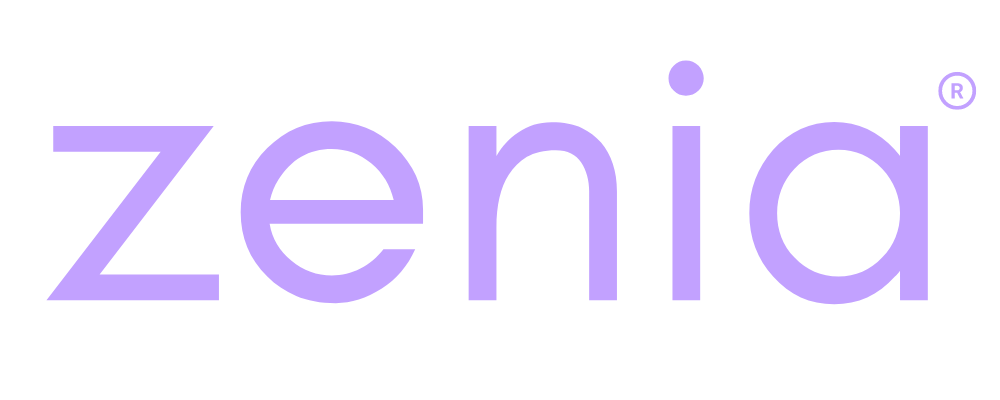From 2004 to 2010, the District of Columbia had a unique system that allowed people to legally practice naturopathy without completing the rigorous education and board exams required of licensed naturopathic doctors (NDs). A registration certificate like the one issued in 2008 (Registration No. NAT100227) and expiring in 2010 shows how this system worked — and why it was ultimately phased out.
The registrations were issued by the Health Professional Licensing Administration (HPLA) under the D.C. Department of Health, the agency responsible at the time for credentialing health-related professions in the District.
When D.C. passed the Practice of Naturopathic Medicine Licensing Amendment Act of 2004, it created two paths:
• Licensing – for naturopathic physicians, which required a doctoral degree from an accredited naturopathic medical school and passing national board exams.
• Registration – for naturopaths or “naturopathic practitioners,” which was far easier to obtain and often based on previous experience, non-degree courses, or proof of existing practice. Many qualified through a grandfather clause, meaning they were allowed to register simply because they had already been working in natural health before the new law.
Those who obtained this registration were permitted to operate within very limited bounds. They could offer natural health and wellness services such as nutritional guidance, herbal remedies, lifestyle support, and physical modalities. However, they were not allowed to diagnose or treat diseases, prescribe medication, or perform medical procedures. They were also required to disclose in writing to clients that they were not licensed physicians.
Most importantly, even between 2004 and 2010, anyone holding only a registration could not legally use titles like “ND,” “Doctor of Naturopathic Medicine,” or “Naturopathic Physician.” The law explicitly reserved those titles for individuals who were fully licensed under the stricter requirements. Registered naturopaths could use titles such as “Naturopath” or “Registered Naturopath,” but implying medical authority or misrepresenting themselves as licensed doctors was prohibited.
The leniency of this system sparked growing criticism. Medical professionals, consumer advocates, and some patients complained that people with minimal or no formal training could present themselves as health experts, creating confusion and potential risks. Although the registration program itself was legal and not considered a scam, the misuse and public complaints contributed to its downfall.
By 2010, D.C. had phased out the simple registration option, and anyone wishing to practice naturopathic medicine was required to meet full licensing standards — including graduating from an accredited naturopathic medical school and passing board exams. Old registrations like the one from 2008 were allowed to expire but could not be renewed under the new system.
Today, a registration from that era holds no legal authority and does not permit anyone to practice naturopathy or use protected titles. States like Washington also do not recognize such credentials; they require their own ND license based on education and examination.
In short, between 2004 and 2010, D.C.’s naturopathy registration created a legal loophole that allowed people — even those without formal ND training — to practice within limited, strictly defined boundaries. They were never allowed to call themselves “ND” under that registration, and the system’s eventual removal marked a shift toward higher professional standards and public protection in naturopathic medicine.
Zenia is a multifaceted artist, musician, singer, actress, and tech advisor, dedicated to inspiring transformation through authentic expression. A natural wellness advocate and activist, she supports movements, foundations, and individuals committed to meaningful change. Zenia empowers people to live from the heart, harnessing the power of music, art, lifestyle shifts, and conscious awareness. Rooted in a family legacy of yoga, meditation, holistic health, education, and law, she carries forward a tradition of healing and knowledge, blending artistry with advocacy to make a lasting impact on the world.
Listen to Zenia's Music Here!
Follow Zenia on Facebook, Twitter, and Instagram.
Subscribe to her Youtube Channel for new music, wisdom, prizes and information!
- Your Tumbler might be Tumbling your Health - January 9, 2026
- The Narcissistic Abuser : Scandal - January 9, 2026
- What Red Light Frequency is Best? - January 9, 2026
